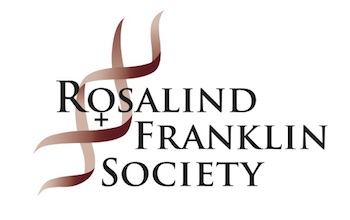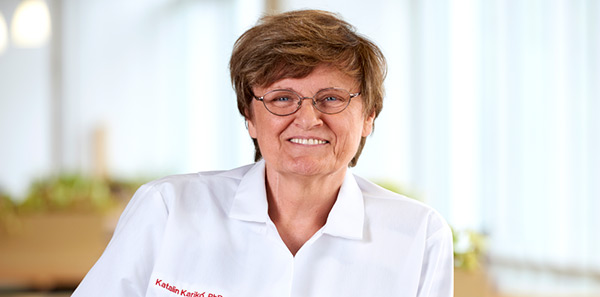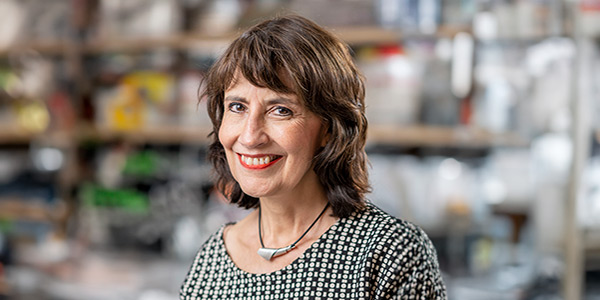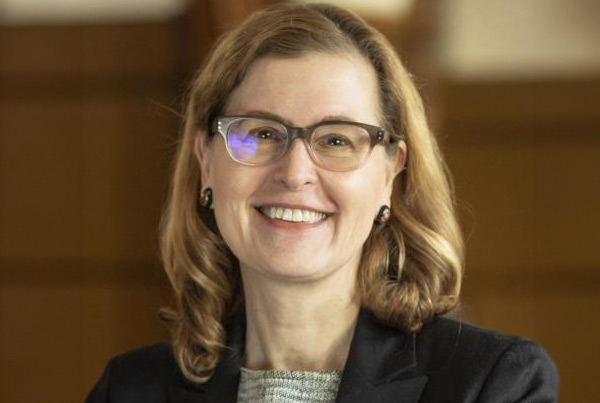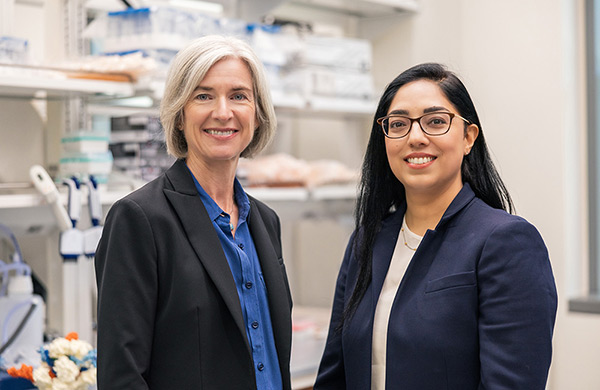|
Dear Colleagues, I am pleased to include another issue of RFS Briefings with some timely and encouraging updates on women in science. Please continue to share important news and opportunities with us so that we may share it with you, and others who are committed to supporting the careers of exceptional women in science. Stay safe and sound,
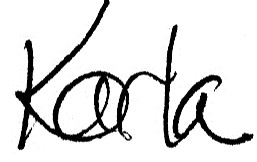 Karla Shepard Rubinger
The lifesaving, Nobel Prize-winning discovery that almost didn't happen. Katalin Karikó won a Nobel Prize this year with her colleague Drew Weissman for her groundbreaking work on mRNA vaccines — but she had to fight against professional science to do it. Karikó was hired by the University of Pennsylvania in 1989 in a role that put her on track to become a full tenured professor. See her recent interview with GEN and RFS about her challenges, and struggles to get grant funding for her work on mRNA. Read more. (Image: Katalin Karikó, PhD. Photo Credit: Peggy Peterson Photography for Penn Medicine) National Academy of Medicine elects 100 new members—and nearly 40% are women. Are Grandmothers the Key to Solving the Global Mental Health Crisis? Lloyd's Register Foundation Backs Sea Shepherd Global’s Initiative for African Female Seafarers. Call for Nominations: The Impact of Burnout on Gender Equity in Science, Engineering, and Medicine. Why women earn less than men: Nobel for Economic Science historian who probed pay gap. In Memoriam: Carol Clancey Harter, 1941-2023. In Memoriam: Sheila Susan Moriber Katz, 1943-2023. Biophysics Society Recognizes the Research of Vanderbilt University’s Nancy Carrasco. Nancy Carrasco, Joe C. Davis Chair in Biomedical Science and chair of the department of molecular physiology and biophysics at the Vanderbilt University School of Medicine in Nashville, has been selected to receive the 2024 Award for the Biophysics of Health and Disease from the Biophysics Society. Read more. (Image: Nancy Carrasco, Vanderbilt University) Berenecea Johnson Eanes Will Be the First Woman President of California State University, Los Angeles. Women in STEM becoming independent: Great mentors make all the difference. Professor Janet M. Currie receives the 2023 Klaus J. Jacobs Research Prize. Professor Janet M. Currie receives the 2023 Klaus J. Jacobs Research Prize for her pivotal work on the ways that factors such as policy decisions, environment, and health systems influence child development. Read more. (Image: Prof. Janet M. Currie, Princeton University.) NSF launches TRAILBLAZER program for groundbreaking engineering ideas. 'This doesn't just fall on women': computer scientists reflect on gender biases in STEM. Facing racism in science, ‘I decided to prove them wrong’ Dequina Nicholas studies how lipid immunology contributes to type 2 diabetes and polycystic ovarian syndrome, with the goal of developing immunotherapies. Recently, Nicholas sat down with Nature at the Lindau conference to discuss tackling racism in science head on and how, sometimes, burning a bridge can be an act of self-preservation. Read more. (Image: Dequina Nicholas, University of California, Irvine.) Women in Enterprising Science Fellows Receive $2 million in Seed Funding. Two Fellows from the inaugural cohort in the HS Chau Women in Enterprising Science (WIES) Program at the Innovative Genomics Institute were selected to move onto the second phase of the program, each receiving an award of $1 million in non-dilutive seed funding to support their entrepreneurial pursuits. Watch her GEN/RFS interview here. Read more.(Image: Jennifer Doudna with Navneet Matharu in the Women in Enterprising Science lab facility at the IGI in Berkeley. Photo: Glenn Ramit, IGI.) Why the ‘Mother of the Atomic Bomb’ Never Won a Nobel Prize. When the Portal to Space Travel Opened, ‘The Six’ Stepped Through. Genetic Testing and Molecular Biomarkers announces a new Editor-in-Chief.
Subscribe to our newsletter (RFS Briefings) at Rosalind Franklin Society | Substack Marianna Limas, Social Media Manager |
